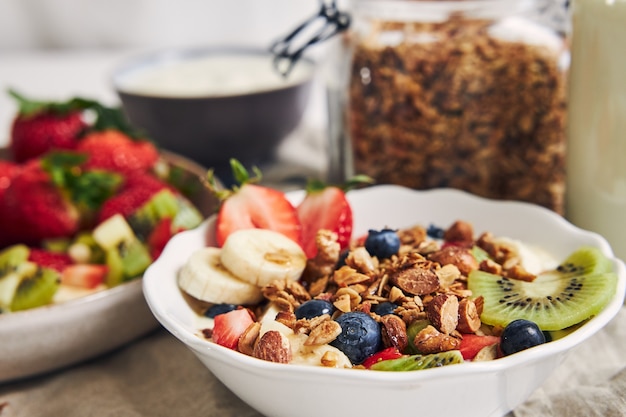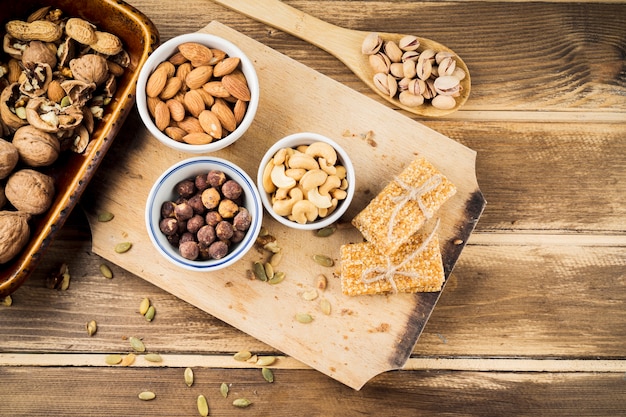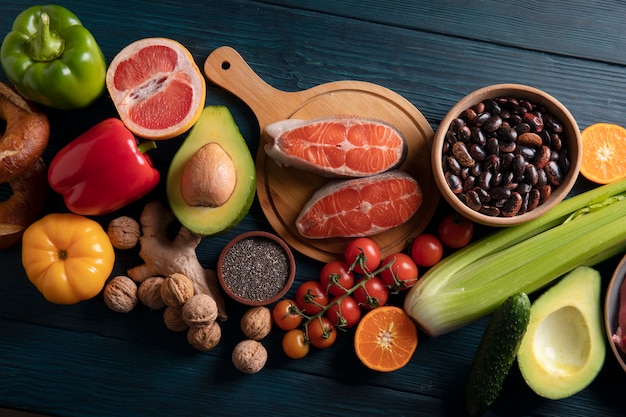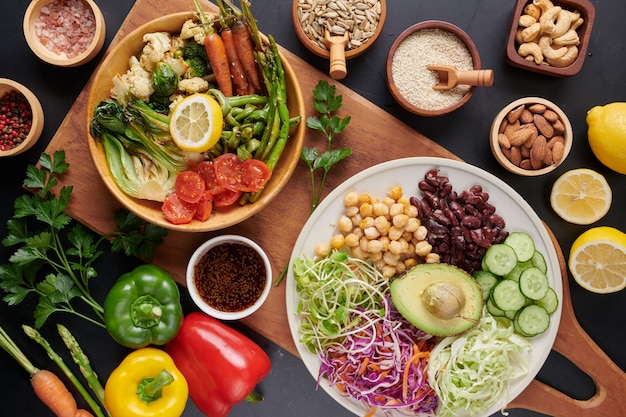Balancing lectures, assignments, and social life is tough—but what you eat can make or break your academic performance. Research shows that proper nutrition directly impacts cognitive function, energy levels, mood, and memory. The good news? Small, consistent changes in your diet can lead to big results.
Here are 15 science-backed nutrition tips designed specifically for students. Start fast, stay consistent, and measure your progress weekly to see real improvements in focus, stamina, and overall well-being.
Skipping breakfast slows mental performance. A study published in Frontiers in Human Neuroscience found that students who ate protein-packed breakfasts (like eggs, Greek yogurt, or peanut butter on whole grain toast) had better attention spans and memory recall.

Even mild dehydration (as little as 1–2%) can impair concentration, memory, and mood. Keep a reusable water bottle with you and aim for 6–8 glasses daily. Add lemon or cucumber for flavor if plain water feels boring.
White bread, pastries, and sugary cereals cause blood sugar spikes and crashes—leading to brain fog. Opt for oats, quinoa, brown rice, and sweet potatoes. These release glucose slowly, fueling your brain steadily throughout the day.
Almonds, walnuts, chia seeds, and pumpkin seeds are rich in omega-3s, vitamin E, and magnesium—all linked to improved cognitive function. A handful a day supports memory and reduces mental fatigue.

Found in fatty fish (like salmon), flaxseeds, and walnuts, omega-3s are essential for brain health. Research shows they enhance learning capacity and reduce symptoms of anxiety—common among students.
While caffeine in moderation (1–2 cups of coffee) can boost alertness, energy drinks often contain high sugar and artificial ingredients. They can lead to jitters, crashes, and disrupted sleep. Stick to green tea or black coffee, and avoid caffeine after 2 PM.
Spinach, kale, and Swiss chard are packed with folate, vitamin K, and antioxidants. These nutrients support neural signaling and may slow cognitive decline—even in young adults.
Irregular eating disrupts blood sugar and impairs concentration. Plan small, balanced meals every 3–4 hours. Use meal prep on weekends to save time during busy weekdays.
Gut health affects mood and cognition. Yogurt, kefir, sauerkraut, and kimchi contain beneficial bacteria that support the gut-brain axis, potentially reducing stress and improving mental clarity.
Eat most of your carbs earlier in the day or around study sessions. This provides sustained energy when you need it most. Reduce carb intake at night to support better sleep and metabolic health.
Overeating—even healthy foods—can lead to sluggishness. Use smaller plates, eat slowly, and listen to hunger cues. Stop eating when you’re 80% full.
Iron and vitamin B12 are crucial for oxygen transport and energy production. Deficiencies are common in students, especially those on plant-based diets. Include lentils, fortified cereals, eggs, and lean meats to prevent fatigue and brain fog.

Blueberries, strawberries, and blackberries are loaded with flavonoids. Studies show these compounds improve memory and delay brain aging. Add them to smoothies, oatmeal, or eat them as a snack.
Chips, instant noodles, and frozen meals may be convenient, but they’re often high in sodium, unhealthy fats, and sugar. These can impair focus and increase inflammation. Opt for whole, single-ingredient foods whenever possible.
Consistency is key. Use a simple food journal or app to log meals, energy levels, and focus each week. After 7 days, review: What worked? What caused crashes? Adjust accordingly. Small tweaks compound into long-term success.
Nutrition isn’t about perfection—it’s about progress. Implement one or two tips at a time, stay consistent, and track your results. Within weeks, you may notice sharper focus, better sleep, and improved mood—all of which contribute to academic success.
Fuel your brain like the high-performance machine it is. Your grades—and your future self—will thank you.

Health

Health

Health

Health

Wellness

Wellness

Wellness

Health

Wellness

Health

Health

Fitness

Health

Fitness

Health

Health